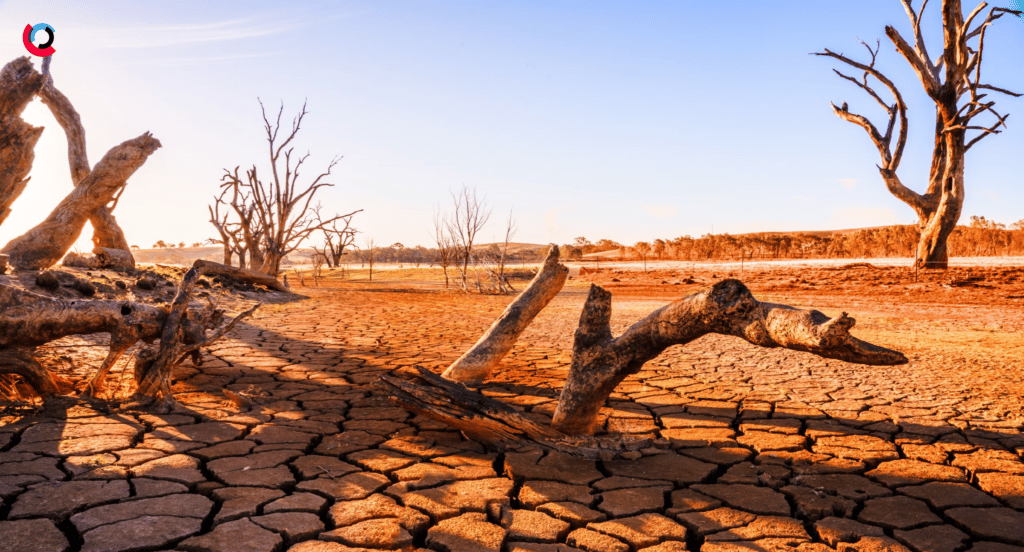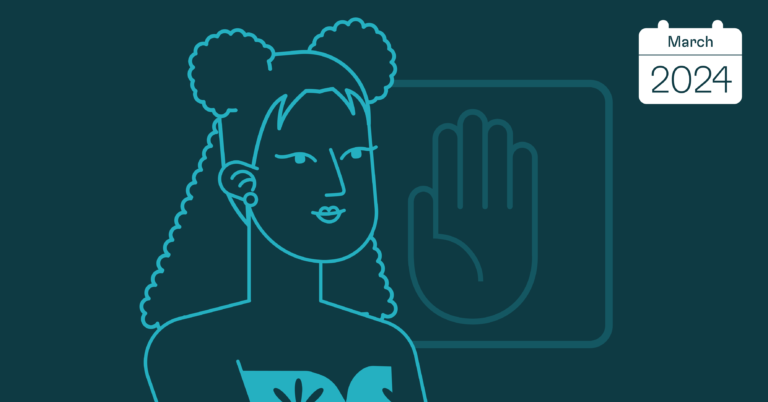At least 29 million people, mostly subsistence farmers and their dependents, across Somalia, Ethiopia and Kenya are currently facing severe food insecurity due to a drought that began in October 2020, killing millions of livestock and defying four rainy seasons, making it the worst regional dry spell in four decades.
Due to conflict, corruption, poverty, ethnic tensions and the legacy of colonialism , effective democratic governance continues to elude local officials in these countries and other impacted African nations, such as Nigeria, Sudan and South Sudan. This leaves the world’s most vulnerable and historically disadvantaged groups – farmers with little political power, formal education or access to technology and services that require the use of fossil fuels – alone in the face of the environmental consequences of the developed world’s industrialisation. These nations find themselves reliant once again on promises of aid from foreign donors, as has often happened in the past and has also failed to reach many intended recipients in time. In 2011, Somalia is believed to have lost 250,000 people to hunger during a similar drought.
Currently, Oxfam estimates that at least one person dies every 48 hours from hunger in Somalia, Ethiopia and Kenya, while other aid groups have reported a jump in internal displacement as thousands leave their homes in search of food. Such migration has triggered a rise in violence towards women and girls and run up water-borne diseases infection rates. In Somalia, about 40 percent of the entire population is facing famine-like conditions amid an increasingly unstable political system due to growing factionalism among national leaders. In Ethiopia, Prime Minister Abiy Ahmed continues to ignore calls to allow the entry of aid and food to the Tigray region, its leaders in open revolt against the federal government in Addis Ababa, despite the impact of both the drought and fighting on food supplies in the region and the signing of a ceasefire deal in March that continues to hold.
Approximately 40 percent of the Tigrayan population is experiencing famine and only a handful of aid convoys have been able to enter the region, where thousands have been killed in the fighting and most transport infrastructure has been destroyed. Like Somalia and Ethiopia, Kenya has seen its economy considerably shrink as the impact of COVID-19 left its tourism, service and business sectors in tatters, while the impact of climate change and inter-communal conflict has resulted in high food insecurity affecting over three million people. The United Nations (UN) Office for the Coordination of Humanitarian Affairs (OCHA) has warned that an emergency aid programme for the Horn of Africa region has been implemented but lacks the funding to deliver meaningful help in a timely fashion.
The situation in the region is expected to worsen in the medium-term due to the ongoing Russian invasion of Ukraine that began on 24 February. The war in Ukraine, one of the world’s largest grain exporters, has not only disrupted exports of wheat, corn and seed oils to vulnerable populations in East Africa, but it also diverted donations and attention away from African crises as the world grapples with the human cost of the fighting and scrambled to contain Europe’s worst refugee crisis since the end of World War II. The sanctions imposed by the United States (US) and its Asian and European allies on Russia have also sent oil prices soaring, disproportionately increasing inflation in the Global South, whose economies rely on imports and whose governments are usually unable or unwilling to provide much, if any, consumer or small business protections. Other oil-producing nations have been reluctant to increase their own output to ameliorate the situation.
Drought is not the only form of climate change that is threatening East Africa. Early seasonal rain in South Sudan has displaced over 366,000 people there since May 2021, and an uptick in tropical cyclones in Oman and neighbouring countries led to upsurges in desert locust populations, whose swarms decimated crops and pastures in Ethiopia, Kenya, South Sudan, Somalia, Djibouti and Uganda in 2020 at the beginning of the ongoing drought period. While the current weather, along with pest control efforts, is unlikely to lead to swarms in the near-term, there is concern that that will change starting October with the beginning of winter.
Summary
Worsening climate change impacts in the Horn of Africa region, alongside persisting disruptions to food and energy markets, mean that food insecurity is not expected to improve for millions of people in the region anytime soon.















